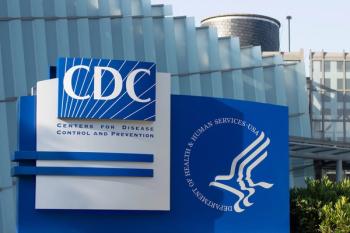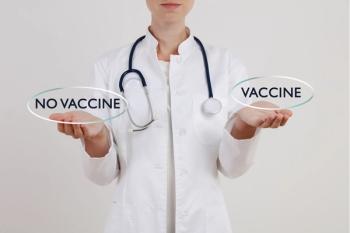
Vaccine harnesses immune system to fight opioid abuse
New vaccines that use antibodies to prevent opioids from causing a “high” could help stem abuse and fatal overdoses if human trials are successful.
Opioid abuse is now the leading cause of accidental death in the United States, but researchers are working to change that statistic with a new vaccine that promises to fight opioid addictions.
Researchers at the University of Minnesota Medical School and Minneapolis Medical Research Foundation at Hennepin Healthcare are working on the vaccine and
The team revealed that vaccines targeting specific opioids like heroin and oxycodone were effective in blocking these drugs’ effects on the brain when animal models were given clinically-relevant doses. The research team is also working on biologics that could address other opioids like fentanyl, according to the report.
It’s too early to offer up a clinical indication for this vaccines, but hopes that one day it could be used to treat opioid abuse and prevent fatal overdoses, said lead author Marco Pravetoni, PhD, a senior investigator at the Minneapolis Medical Research Foundation and an associate professor of medicine at the University of Minnesota Medical School.
“These vaccines elicit antibodies that bind opioids and prevent their effects. Once bound to antibodies, opioids are no longer effective and no longer capable of getting to the brain. These vaccines are very selective and they will not interfere with standard medications. No side effects are expected,” Pravetoni said. “We envision these vaccines being used alongside other medications-methadone, buprenorphine or naltrexone-so that patients can better benefit from combination therapy.”
The team is hoping that after the vaccines are developed that the FDA will allow clinical testing in human subjects, he adds. While there is no timeline for human testing, Pravetoni said the search for funding is already underway.
In terms of when and how, and how often the vaccine would need to be administered, Pravetoni said these are questions that will be answered during human trials.
“We envision a booster injection every six to 12 months, depending on individual patient response,” Pravetoni said. “Individuals that have completed their standard treatment could also be given the vaccine as protection against overdoses associated with relapses.”
Researchers doubt the vaccine would be used as a preventive measure for opioid addiction, but see it rather as a supplement or adjuvant to aid in recovery and stem mortality from opioid abuse.
“I really hope that opioid vaccines will one day become another therapy to help people struggling with opioid dependence and prevent fatal overdoses,” Pravetoni said.
Researchers at the Walter Reed Institute of Research are also working on a vaccine that would use antibodies to prevent opioids from crossing the blood-brain barrier and therefore prevent the “high” that comes with drug use. Like the Minnesota project, this vaccine has undergone animal testing but has yet to move on to human trials. The Walter Reed vaccine may also be effective in neutralizing the HIV virus.
Newsletter
Stay informed and empowered with Medical Economics enewsletter, delivering expert insights, financial strategies, practice management tips and technology trends — tailored for today’s physicians.






